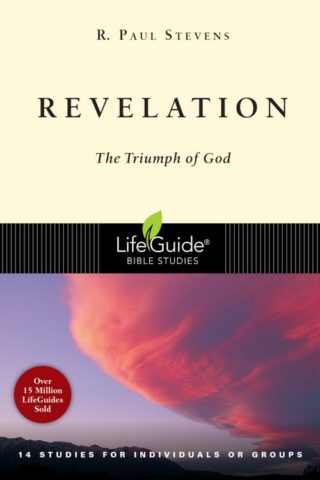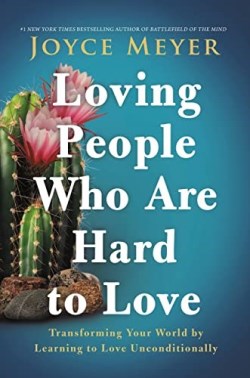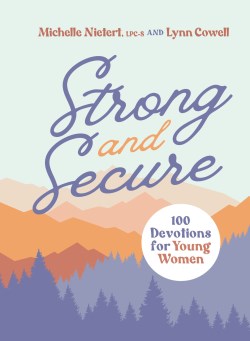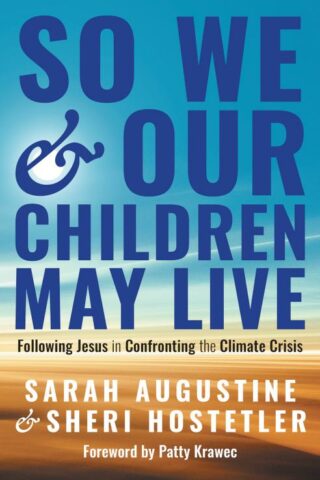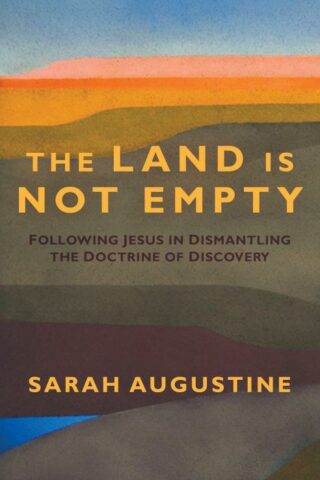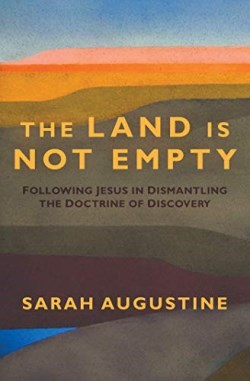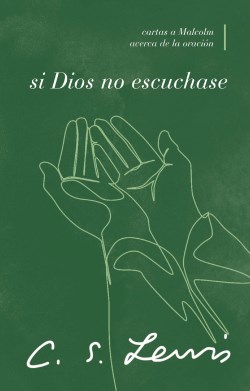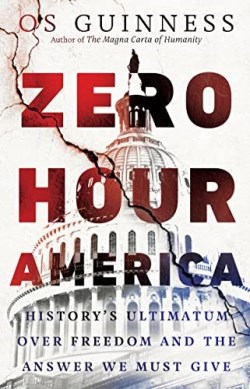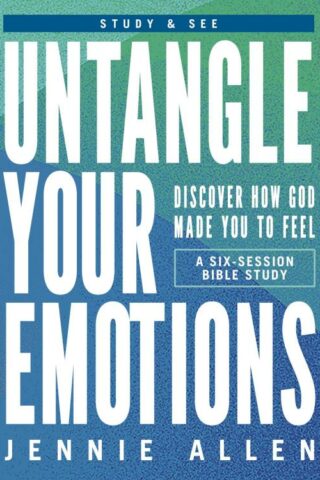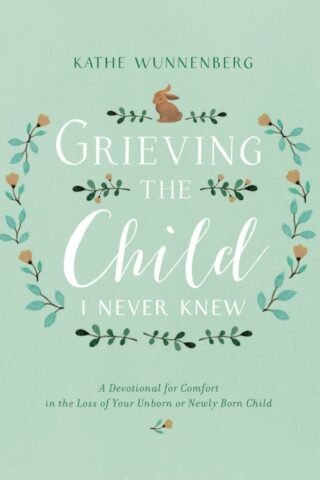Sarah Augustine
Showing all 3 resultsSorted by latest
-
So That We And Our Children May Live
$18.99Will we choose life for our children and the future of our planet?
Everywhere we look, we see signs that all is not right with our earth–extreme temperatures and weather patterns wreak havoc, pollutants sour soils and waterways, and fires and floods ravage land and communities. Climate change is just a symptom of a larger ecological crisis. If we want change, we must realize that the solutions to the problems we face can’t come through the same systems that created those problems in the first place.
Ecological justice requires that we challenge our assumptions about creation and our relationship to it. It requires decolonization. We must turn to the leadership of Indigenous communities who struggle for all life as land and water protectors, and must call on people of faith to join them.
?
This book offers hope for a better future alongside concrete actions for joining with Indigenous Peoples to protect life and negotiate with decision-makers for sustainable change that follows Jesus. In these pages, readers are called to confront climate change and choose life for our children and the future of our planet.Add to cartin stock within 3-5 days of online purchase
-
Land Is Not Empty
$18.99White settlers saw land for the taking. They failed to consider the perspective of the people already here.
In The Land Is Not Empty, author Sarah Augustine unpacks the harm of the Doctrine of Discovery–a set of laws rooted in the fifteenth century that gave Christian governments the moral and legal right to seize lands they “discovered” despite those lands already being populated by indigenous peoples. Legitimized by the church and justified by a misreading of Scripture, the Doctrine of Discovery says a land can be considered “empty” and therefore free for the taking if inhabited by “heathens, pagans, and infidels.”
In this prophetic book, Augustine, a Pueblo woman, reframes the colonization of North America as she investigates ways that the Doctrine of Discovery continues to devastate indigenous cultures, and even the planet itself, as it justifies exploitation of both natural resources and people. This is a powerful call to reckon with the root causes of a legacy that continues to have devastating effects on indigenous peoples around the globe and a call to recognize how all of our lives and our choices are interwoven.
?
What was done in the name of Christ must be undone in the name of Christ, the author claims. The good news of Jesus means there is still hope for the righting of wrongs. Right relationship with God, others, and the earth requires no less.Add to cartin stock within 3-5 days of online purchase
-
Land Is Not Empty
$29.99White settlers saw land for the taking. They failed to consider the perspective of the people already here.
In The Land Is Not Empty, author Sarah Augustine unpacks the harm of the Doctrine of Discovery–a set of laws rooted in the fifteenth century that gave Christian governments the moral and legal right to seize lands they “discovered” despite those lands already being populated by indigenous peoples. Legitimized by the church and justified by a misreading of Scripture, the Doctrine of Discovery says a land can be considered “empty” and therefore free for the taking if inhabited by “heathens, pagans, and infidels.”
In this prophetic book, Augustine, a Pueblo woman, reframes the colonization of North America as she investigates ways that the Doctrine of Discovery continues to devastate indigenous cultures, and even the planet itself, as it justifies exploitation of both natural resources and people. This is a powerful call to reckon with the root causes of a legacy that continues to have devastating effects on indigenous peoples around the globe and a call to recognize how all of our lives and our choices are interwoven.
What was done in the name of Christ must be undone in the name of Christ, the author claims. The good news of Jesus means there is still hope for the righting of wrongs. Right relationship with God, others, and the earth requires no less.
Add to cartin stock within 3-5 days of online purchase


